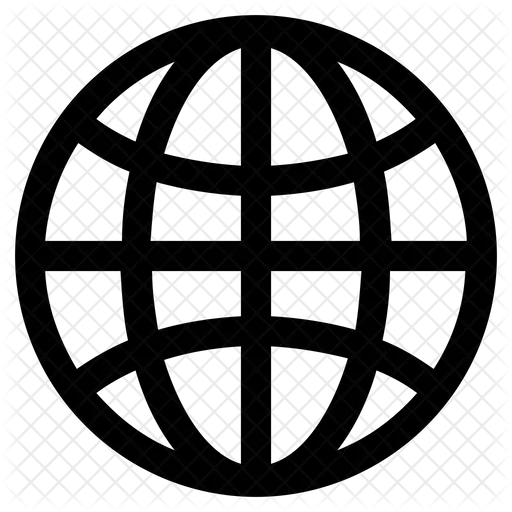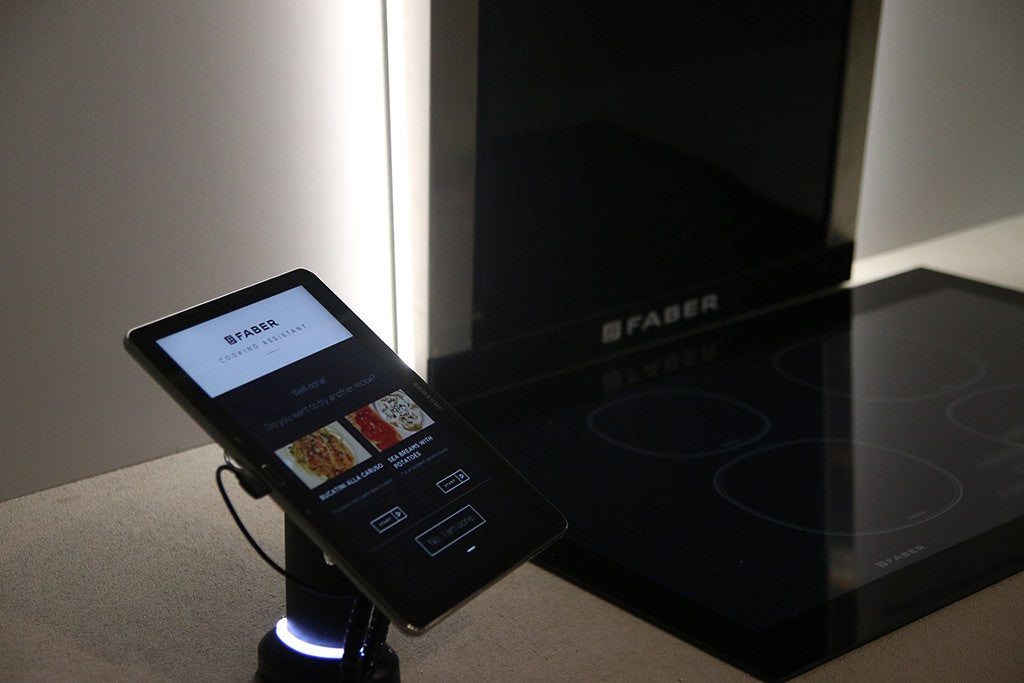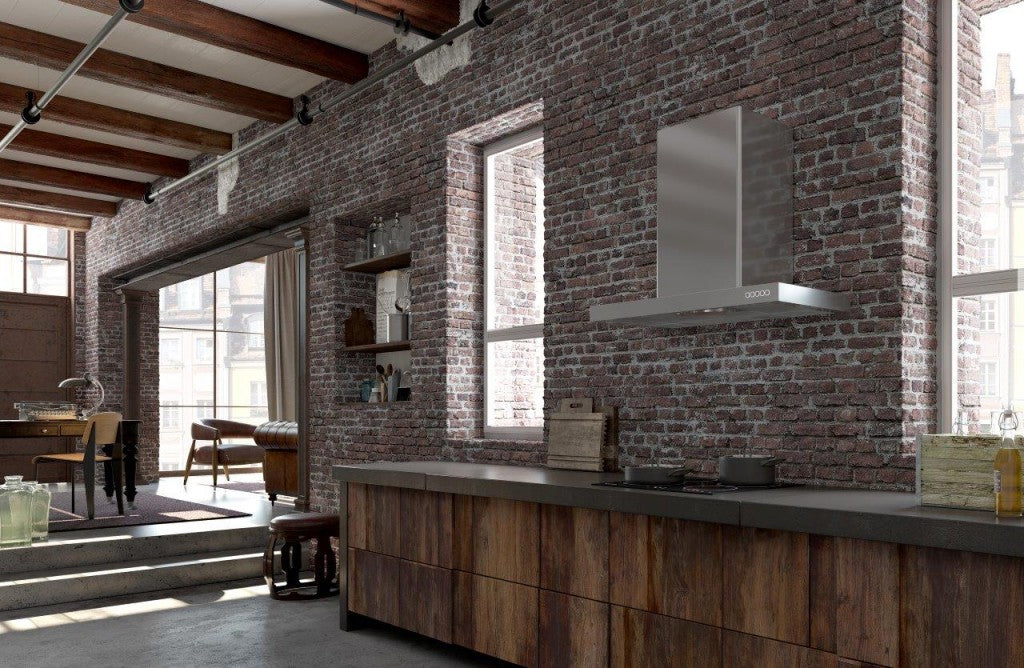The heart of the home, where you can cook, share and spend time together, the kitchen has reclaimed its crown as the most lived-in room in the house: from working to relaxing, and from hosting to hobbies. Increasingly high-tech and customisable, the contemporary kitchen is therefore also home to the most innovative technology. In the latest smart kitchens, you can cook with ease, save energy, and spend time in complete safety and comfort.
Induction hobs: a real paradigm shift
Among the new appliances that have made their way into our kitchens in recent years, induction hobs represent the most significant technological innovation. Not so long ago, no-one would have believed we could cook without a fire or open flame, so this advancement is a total paradigm shift. Induction cooking means doing away with traditional hobs altogether, relying instead on a flat glass-ceramic surface that heats pots and pans by way of an electromagnetic field, which induces an electric current. When cookware with a ferrous base comes into contact with the surface, the thermal energy is instantly transferred to the inside of the pot or pan, thereby heating up the food.
The advantages of induction cooking
Although transitioning to an induction hob can seem daunting, there are certainly some significant advantages.
For example:
- Cooking speed and precision – By transferring heat directly into the base of the pan, induction hobs allow for a significant reduction in cooking times and greater precision than gas hobs: a 1 litre pot of water comes to the boil in just 3 minutes, compared to 5/7 minutes on a gas hob. Compared to cooking over a flame, the heat is also more evenly distributed over the entire surface of the cookware.
- Energy efficiency – Induction hobs are the most efficient option with minimal dispersion, boasting a yield of up to 90%. The heat produced with induction is transferred directly with negligible heat loss, thus ensuring better energy management.
- Safety – Induction hobs are an extremely safe option for cooking: not only are there no flames, but the special glass-ceramic surface is also able to remain cold around the pots and pans, thereby reducing the risk of burns.
- Reduced environmental impact – By utilising a clean source of energy, electricity, induction hobs ensure a lower environmental impact than traditional gas hobs, which burn fossil fuels and disperse harmful substances into the environment.
- Ease of use and maintenance – Although they still need to be cleaned after each use, induction hobs are practical and easy to clean thanks to their smooth surface: no need to disassemble burners for thorough cleaning. Furthermore, since the surface stays cold, food spills do not burn on.
- Power Management – The best induction hobs are equipped with a power management system, also known as a power limiter, which allows you to set the energy consumption at different power levels. This technology also allows you to use an induction hob with a standard 3kW meter.
Faber's K-Link technology: a smart connection
In line with the brand's concept of a kitchen – a place where you can freely express yourself without any limitations or distractions, surrounded by ever smarter solutions – Faber has decided to take the induction hob to the next level by creating a smart connection between the hob and the extractor hood, allowing for "hands-free" agile cooking.
This connection is possible thanks to the integrated system that communicates over radio waves: K-LINK Technology. With a simple gesture, the hob and hood can connect and communicate with one another, allowing the cook to focus on the tasks at hand.
Once you have connected your Faber induction hob and hood using K-LINK, you can simply start cooking and the hood will adjust its suction power automatically based on your hob settings, so you do not need to stop and adjust the extractor.
The system is always active, as the radio signal cannot be interrupted – no matter how much dirt builds up on the hob – ensuring optimal hood function. Additionally, K-LINK Technology helps to reduce the wasted energy and excess noise that is generated by setting the extractor at an unnecessarily high level for the fumes being produced.
Affected by this technology, which becomes particularly functional when the extractor reaches the ceiling and thus it becomes more important than ever to create a connection with the hob, are several types of Faber hoods.
These include 4 ceiling models with integrated K-LINK technology:
- Heaven 2.0
- Heaven Glass 2.0 Flat
- Heaven Air
- Heaven Light Pro
The following Faber induction hob models are also equipped with the K-LINK connection function with hood:
By placing the well-being of its customers once again at the centre of research and development and being well aware of how important it is today to make the kitchen a functional and pleasant place well beyond the furnishings, Faber's K-LINK Technology is perfectly in line with 'smart living' as an absolute trend in recent years. An attitude understood as growing technological agility aimed at proposing intelligent solutions at the service of everyday domestic life: capable of increasing performance, optimising resources and allowing functions to be customised according to personal requirements. Thus, contributing to continually improving the quality of our living and, consequently, of our living.










